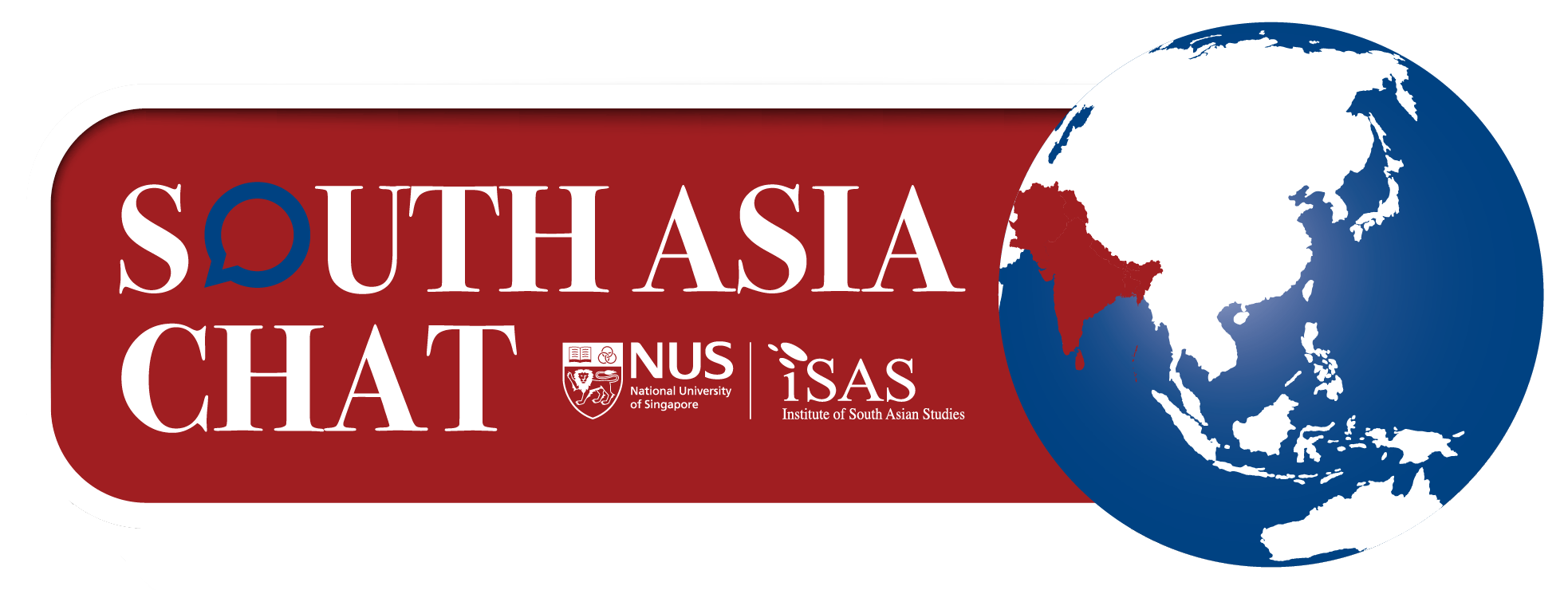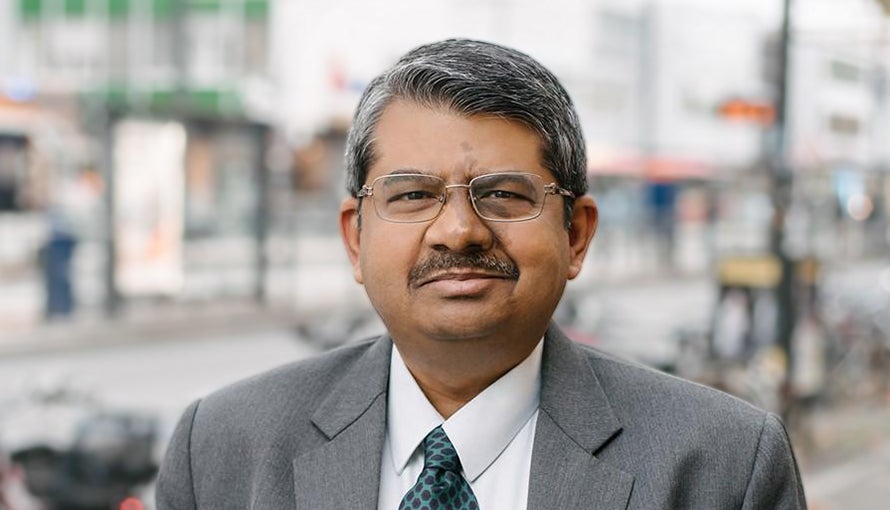
| Title: | Episode 119: Democracy Under Seige ? |
| Guest Speaker/s: | Prof Rahul Mukherji |
| Designation: | Non-Resident Senior Fellow, ISAS |
| Abstract: | American President Joe Biden recently held a virtual Summit for Democracy with over 100 countries to "renew democracy at home and confront autocracies abroad". Nithya Subramanian, Editor at ISAS, spoke to Dr Rahul Mukherji to discuss the geopolitical implications of this summit and the current state of democracy in India. Dr Mukherji is Professor and Head of the Department of Political Science at the South Asia Institute in Heidelberg University. He is also the Executive Director of the same institute and a Non-Resident Senior Fellow at ISAS. |
| Audio: | |
| Date: | 28 December 2021 |

| Title: | Episode 118: Cryptocurrency Boom In India |
| Guest Speaker/s: | Mr Vivan Sharan |
| Designation: | Partner, Koan Advisory, India |
| Abstract: | The cryptocurrency market in India has witnessed an unprecedented growth of about 600 per cent over the past one year. This has sparked several controversies regarding its usage as well as the government regulations surrounding it. To gain insights into the reasons for its growth, the potential implications for the government and consumers, Dr Amitendu Palit, Senior Research Fellow and Research Lead (Trade and Economics), ISAS spoke to Vivan Sharan, Partner, Koan Advisory, India. Mr Sharan is also Secretary, Esya Centre, New Delhi. |
| Audio: | |
| Date: | 22 December 2021 |
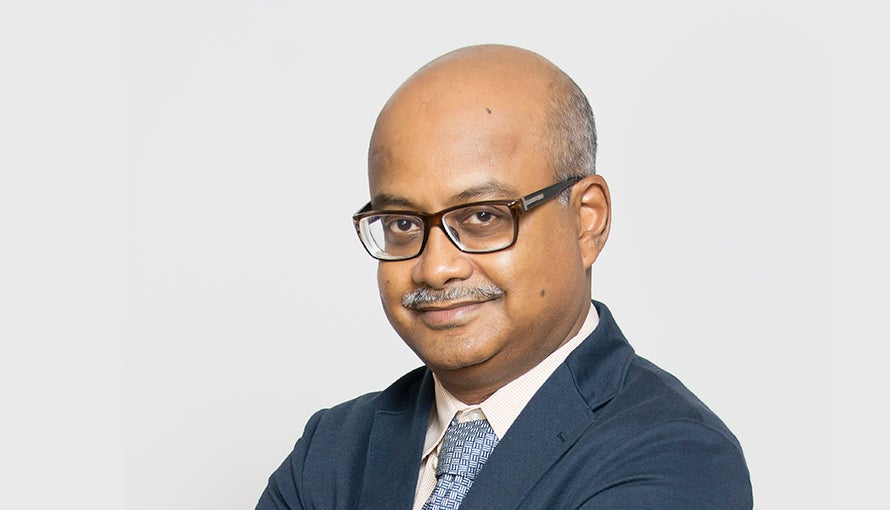
| Title: | Episode 117: US-India Trade Ties |
| Guest Speaker/s: | Dr Amitendu Palit |
| Designation: | Senior Research Fellow, ISAS |
| Abstract: | In late November, the United States Trade Representative (USTR), Katherine Tai and her deputy, Sarah Bianchi, met India’s Minister of Commerce and Industry, Piyush Goyal and Commerce Secretary B V R Subrahmanyam. To understand the implications of this visit on India-US bilateral ties as well as the impact on the region as a whole, Ramita Iyer, Research Analyst, ISAS spoke to Dr Amitendu Palit, Senior Research Fellow and Research Lead (Trade and Economics), ISAS. |
| Audio: | |
| Date: | 14 December 2021 |
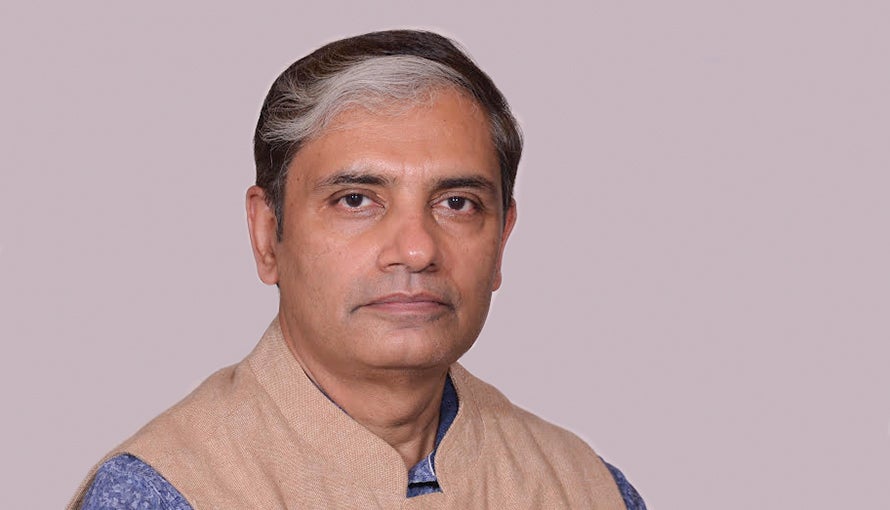
| Title: | Episode 116: Repeal Of The Farm Laws |
| Guest Speaker/s: | Mr Subhomoy Bhattacharjee |
| Designation: | Senior Adjunct Fellow, RIS India |
| Abstract: | After year-long protests by farmers from Punjab and western Uttar Pradesh, on 19 November 2021, the Indian Prime Minister Narendra Modi announced his government’s decision to repeal the three controversial farm laws. These were withdrawn on the first day of the winter session of Parliament, sparking a debate on whether this decision was political motivated due to the forthcoming assembly elections in the two states or was it a win for democracy. It also raised questions on the future of agriculture and other economic reforms in the country? Nithya Subramanian, Editor at ISAS, discussed various aspects of this decision with Mr Subhomoy Bhattacharjee, Senior Adjunct Fellow at RIS India and Consulting Editor, Business Standard. |
| Audio: | |
| Date: | 07 December 2021 |
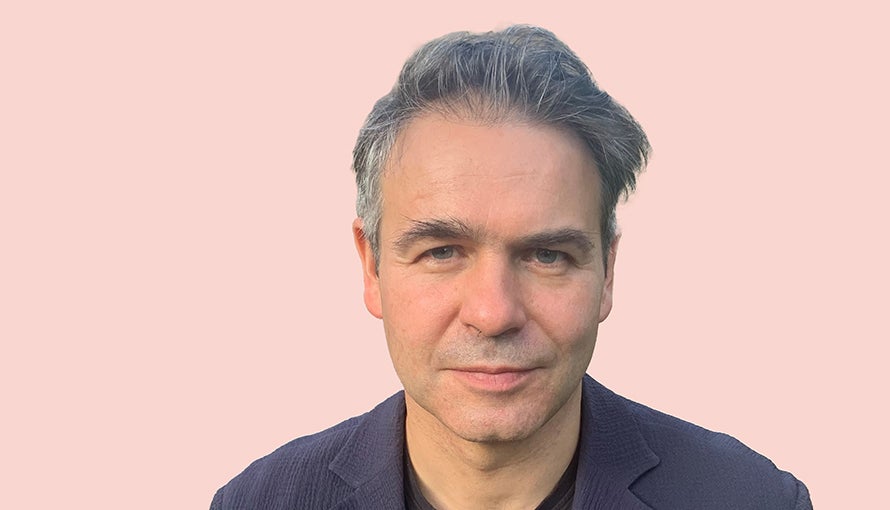
| Title: | Episode 115: Connectivity Creates Conflict |
| Guest Speaker/s: | Dr Mark Leonard |
| Designation: | Co-founder and Director European Council on Foreign Relations |
| Abstract: | Dr Mark Leonard, Co-founder and Director of the European Council on Foreign Relations discusses his latest book The Age of Unpeace: How Connectivity causes Conflict with Nithya Subramanian, Editor, ISAS .This book argues that although there is greater connectivity today be it via trade, technology, the internet or travel, these are also giving countries a reason to fight one another and an arsenal of new weapons, from cyber-attacks and sanctions to fake news and weaponised vaccines. |
| Audio: | |
| Date: | 30 November 2021 |
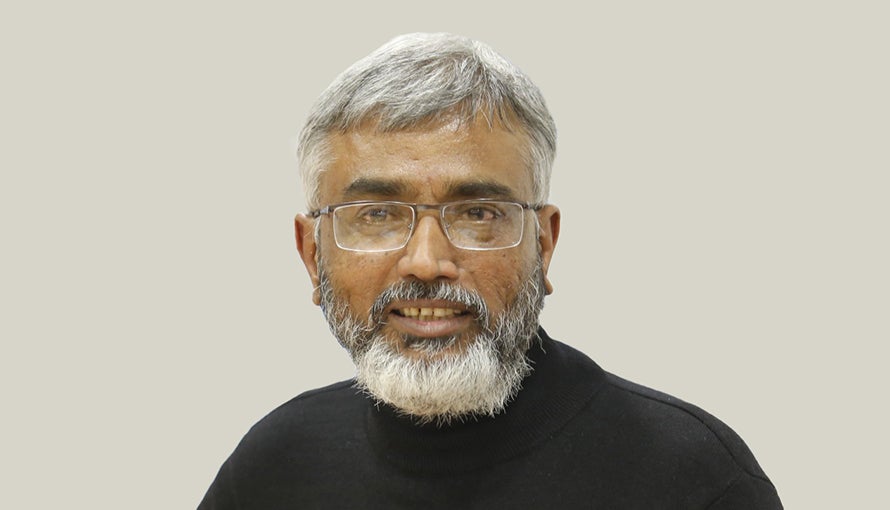
| Title: | Episode 114: The Second Quad |
| Guest Speaker/s: | Prof P R Kumaraswamy |
| Designation: | Professor Jawaharlal Nehru University, New Delhi |
| Abstract: | Last month, the foreign ministers of Israel and the United Arab Emirates met the US Secretary of State, Antony Blinken, in Washington DC. In less than a week later, the Indian External Affairs Minister joined them for a virtual meeting, which has resulted in a new grouping, popularly called the Second Quad. How will this bloc be different from the Indo-Pacific Quad and what benefits can India accrue from it? Nithya Subramanian, Editor, ISAS, spoke to Prof P R Kumaraswamy, who teaches contemporary Middle East at the Jawaharlal Nehru University in New Delhi. |
| Audio: | |
| Date: | 23 November 2021 |
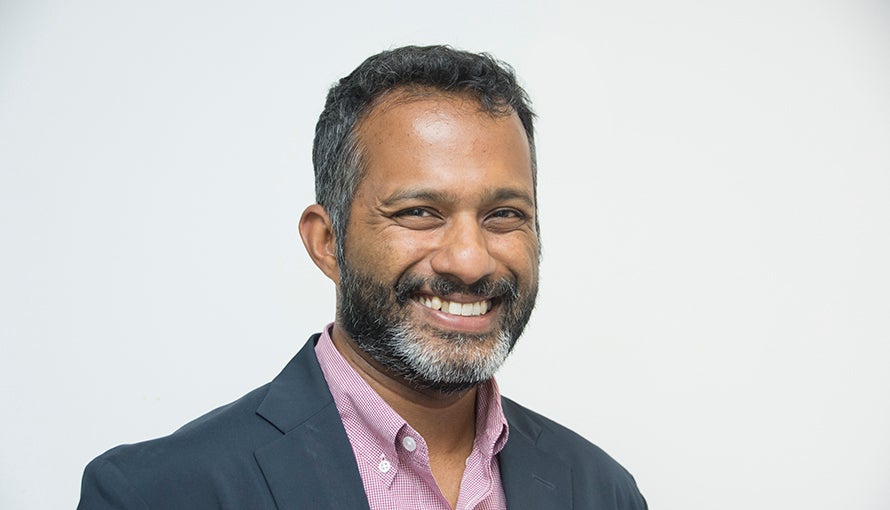
| Title: | Episode 113: India Resumes Vaccine Diplomacy |
| Guest Speaker/s: | Dr Karthik Nachiappan |
| Designation: | Research Fellow, ISAS |
| Abstract: | Last month, the Indian government announced the resumption of its Vaccine Maitri initiative, an ambitious exercise to export vaccines to neighbours and key partners. While the initiative was first launched in January 2021, it was quickly suspended in April 2021 due to an unprecedented rise in domestic infections. To understand more about the background and the implications of restarting vaccine diplomacy, Ramita Iyer, Research Analyst, ISAS spoke to Dr Karthik Nachiappan, Research Fellow, ISAS. Dr Nachiappan's research focus includes India and global health. |
| Audio: | |
| Date: | 16 November 2021 |

| Title: | Episode 112: Politics of Recognising the Taliban |
| Guest Speaker/s: | Dr Matthew Nelson |
| Designation: | Associate Professor Asia Institute, University of Melbourne |
| Abstract: | Ever since the Taliban took over Kabul in August this year, it has been trying to engage with the international community to seek recognition. The interim Taliban government made many promises but failed to deliver particularly in matters of political inclusion, religious tolerance and rights of women, presenting many challenges to the international community in dealing with it. Dr Matthew Nelson, Associate Professor - Islam and Politics in South Asia, Asia Institute, the University of Melbourne not only provided a historical perspective, but also discussed whether there is pressure from religious groups within Pakistan, Saudi Arabia and other Muslim majority countries to recognise the Taliban |
| Audio: | |
| Date: | 09 November 2021 |
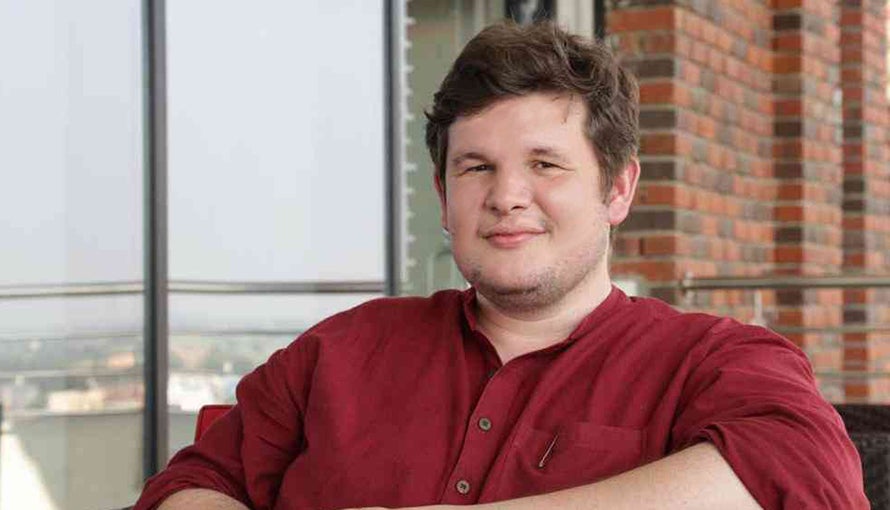
| Title: | Episode 111: Lakhimpur Kheri Violence |
| Guest Speaker/s: | Dr Gilles Verniers |
| Designation: | Assistant Professor of Political Science Ashoka University |
| Abstract: | The violence in Lakhimpur Kheri on 3 October 2021 led to the death of eight people, including four farmers. The subsequent arrest of Ashish Mishra, son of Minister of State in Ministry of Home Affairs Ajay Mishra, with murder charges in connection to the violence has resulted in intense politicking. To discuss the incident and its implications on the upcoming state elections in Uttar Pradesh early next year, Dr Ronojoy Sen, Senior Research Fellow and Research Lead (Politics, Society and Governance) at ISAS spoke to Dr Gilles Verniers, Assistant Professor of Political Science, Ashoka University and Co-Director, Trivedi Centre for Political Data. He is also a Senior Visiting Fellow at Centre for Policy Research. |
| Audio: | |
| Date: | 02 November 2021 |
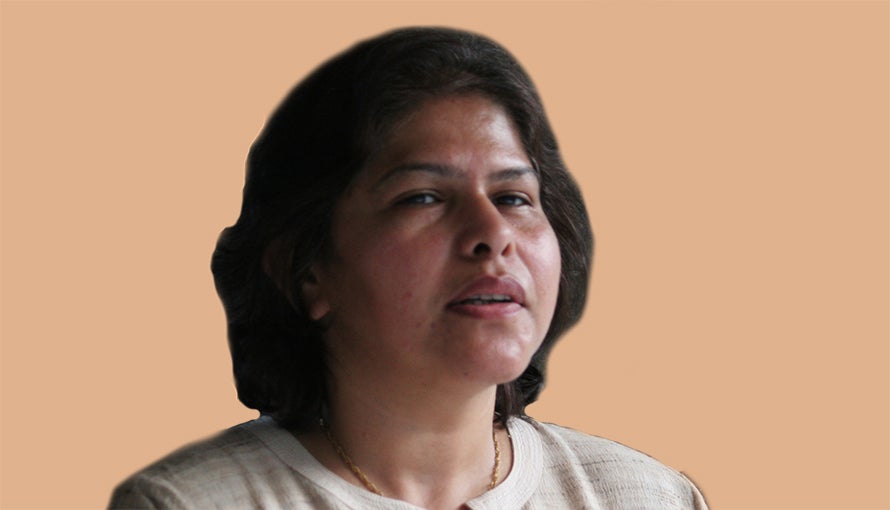
| Title: | Episode 110: Civil-Military Discord |
| Guest Speaker/s: | Dr Ayesha Siddiqa |
| Designation: | Non-Resident Fellow, ISAS |
| Abstract: | In early October, the Pakistan Army's media arm announced the appointment of Lieutenant General Nadeem Ahmed Anjum as the new Chief of the Inter Services Intelligence taking over from Lieutenant General Faiz Hameed, who had been posted as the Peshawar Corps Commander. However, despite the passage of days, the notification confirming the new appointment has not be issued by Prime Minister Imran Khan's Office highlighting a strain in the relationship between the civil and military institutions. Dr Ayesha Siddiqa shared some insights into this development. She is a Non-Resident Fellow at ISAS, besides being a Senior Fellow at the Department of War Studies, King's College London and author of Military Inc: Inside Pakistan's Military Economy. |
| Audio: | |
| Date: | 26 October 2021 |
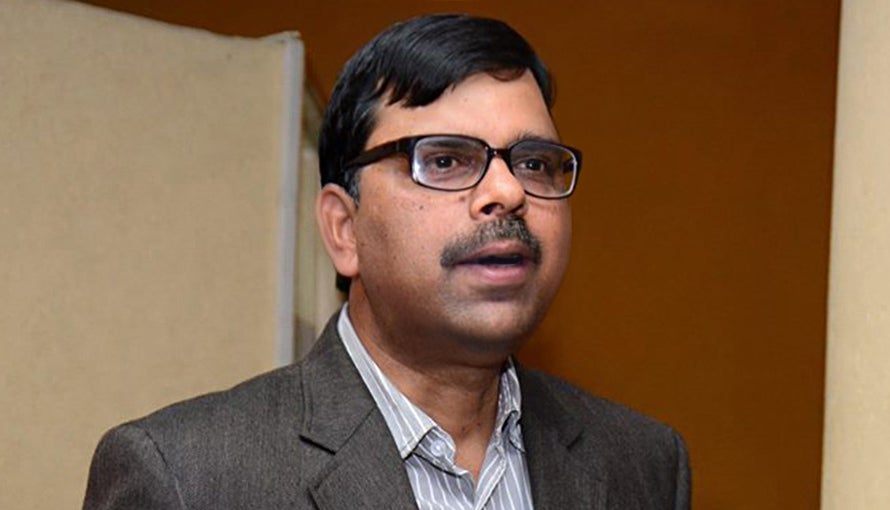
| Title: | Episode 109: Political Chaos in Punjab |
| Guest Speaker/s: | Dr Ashutosh Kumar |
| Designation: | Professor and Chairperson Department of Political Science, Panjab University |
| Abstract: | Punjab has witnessed hectic political activity in the past few weeks after its chief minisiter, Amarinder Singh, resigned citing continued humiliation by the central Congress leadership. He has been replaced by Charanjit Singh Channi while former cricketer-turned-politician Navjyot Singh Sidhu remains the president of the Punjab Pradesh Congress Committee. To explain these developments and the implications it will have on the state politics, we spoke to Dr Ashutosh Kumar, Professor and Chairperson at the Department of Political Science, Panjab University. |
| Audio: | |
| Date: | 19 October 2021 |
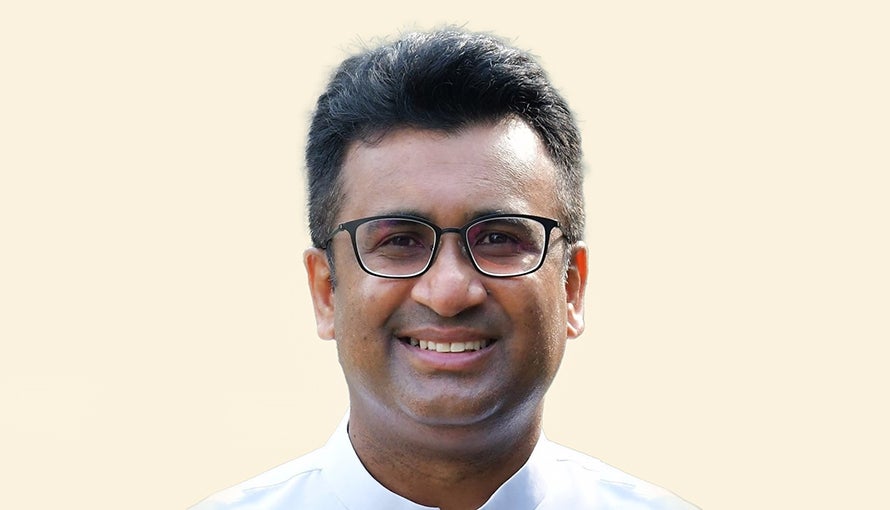
| Title: | Episode 108: Sri Lanka‘s New Strategy In India |
| Guest Speaker/s: | HE Niluka Kadurugamuwa |
| Designation: | Deputy High Commissioner of Sri Lanka to India |
| Abstract: | In July 2021, Sri Lanka released a new Integrated Country Strategy 2021/2023 for its diplomatic missions in India, with an overarching goal to continuously maintain the momentum of the existing partnership between both countries and to elevate it to the level of a "special relationship". The document lays down seven mission goals including strengthening bilateral ties, increasing foreign investment, enhancing connectivity, promoting ocean resources and expanding strategic and cultural cooperation. To better understand the various aspects of Sri Lanka’s new strategy in India, we spoke to HE Niluka Kadurugamuwa, Deputy High Commissioner of Sri Lanka to India. |
| Audio: | |
| Date: | 12 October 2021 |
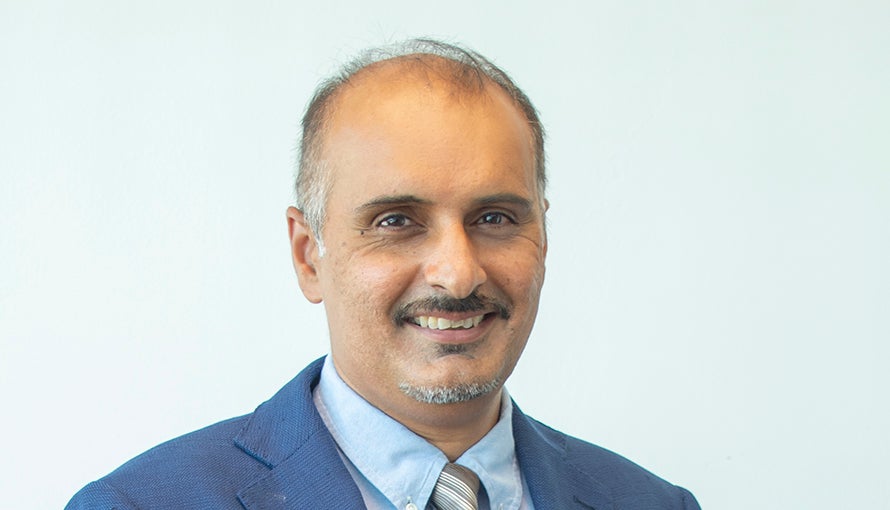
| Title: | Episode 107: New Political Party in Pakistan |
| Guest Speaker/s: | Dr Iqbal Singh Sevea |
| Designation: | Visiting Research Associate Professor, ISAS |
| Abstract: | In early September, a new political party, the National Democratic Movement (NDM) led by Pashtun leader Mohsin Dawar, was formed in Pakistan. This party sought to promote a federal democratic system and oppose the growing militarisation of the country. It has also been launched within a few weeks of the Taliban taking over Afghanistan. To discuss the role and the future of the NDM, we spoke to Dr Iqbal Singh Sevea, Visiting Research Associate Professor at ISAS. He is also an Associate Professor of History at the University of North-Carolina-Chapel Hill with research focus on modern Islam and modern South Asia. |
| Audio: | |
| Date: | 05 October 2021 |
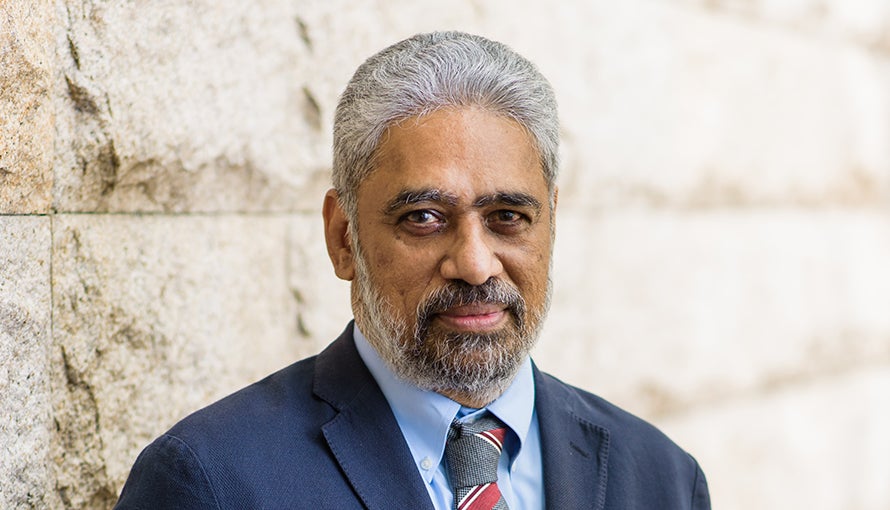
| Title: | Episode 106: Quad Summit and Indo-US Relations |
| Guest Speaker/s: | Prof C Raja Mohan |
| Designation: | Director, ISAS |
| Abstract: | The first in-person meeting of the Quad leaders was held on 24 September 2021 followed by bilateral meetings between the Indian Prime Minister Narendra Modi and American President Joe Biden. The Quad statement clearly spelt out various areas of co-operation including vaccine diplomcy, climate change, new technologies and people-to-people engagement amongst others. Similarly, many of these issues also found place in the bilateral disccussions between the leaders. Prof C Raja Mohan, Director at ISAS, shares his views on some of the significant takeaways from these meetings and how they stregthen multi-lateral, regional and bilateral cooperation. |
| Audio: | |
| Date: | 28 September 2021 |

| Title: | Episode 105: NMP – A Good Move? |
| Guest Speaker/s: | Dr V Anantha Nageswaran |
| Designation: | Non-resident Senior Research Fellow, ISAS |
| Abstract: | The Indian government recently announced the four-year National Monetisation Pipeline (NMP) aimed at unlocking the value of investments in brownfield public sector assets by tapping institutional and long-term capital. Through this, it expects to raise ₹6-lakh crore, that will go a long way in shoring up the economy. To share his views on the NMP and the challenges that the government would have to overcome to make it a success, we spoke to Dr V Anantha Nageswaran, Non-resident Senior Research Fellow at ISAS and Member (Part Time), Economic Advisory Council to the Prime Minister of India. |
| Audio: | |
| Date: | 21 September 2021 |

| Title: | Episode 104: Unravelling India‘s Economic Data |
| Guest Speaker/s: | Dr Amitendu Palit |
| Designation: | Senior Research Fellow, ISAS |
| Abstract: | The Indian government recently released the economic growth numbers for the first quarter of 2022, with the gross domestic product growth standing at 20.1 per cent. But do these indicate a real revival of the economy? Dr Amitendu Palit, Senior Research Fellow; and Research Lead (Trade and Economics) discusses the impact of several key issues such as inflation, low consumer spending, revival of key sectors and government's recent measures to boost the economy. |
| Audio: | |
| Date: | 14 September 2021 |
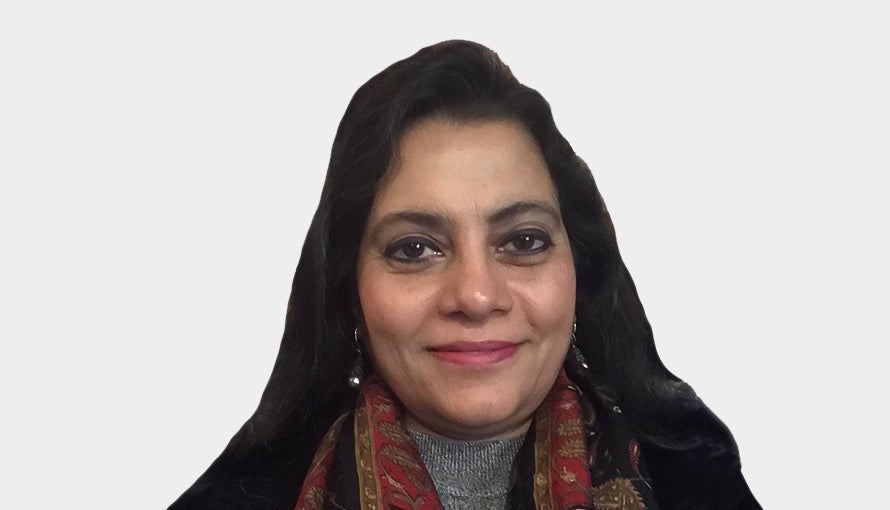
| Title: | Episode 103: BIMSTEC – The Way Ahead |
| Guest Speaker/s: | Dr Sreeradha Datta |
| Designation: | Non-Resident Senior Fellow, ISAS |
| Abstract: | The Bay of Bengal Initiative for Multisectoral Technical and Economic Cooperation (BIMSTEC) is an organisation of seven South Asian and Southeast Asian countries. While it was set up on 1997, it became active only in the late 2016. Recently the Vivekananda International Foundation (VIF), New Delhi, brought out an edited volume titled BIMSTEC: The Journey and Way Forward, which examines various aspects of this grouping. We spoke to Dr Sreeradha Datta, editor of this book to discuss the organisation’s growth and success, the China factor, the recent Myanmar coup and the Rohingya crisis, amongst other issues. Dr Datta is Centre Head and Senior Fellow, Neighbourhood Studies, VIF. She is also a Non Resident Senior Fellow at ISAS. |
| Audio: | |
| Date: | 07 September 2021 |

| Title: | Episode 102: Political Churn In Nepal |
| Guest Speaker/s: | Dr Nischal Pandey |
| Designation: | Non-Resident Senior Fellow, ISAS |
| Abstract: | In the recent weeks, Nepal has witnessed many political changes with Mr Sher Bahadur Deuba replacing Mr KP Sharma Oli as Prime Minister. A new Common Minimum Programme was also launched which touched upon issues relating to national interest, such as the border dispute with India, water resources and unfavourable treaties. To discuss the political and economic implications of these developments and what the future holds for Nepal, we spoke to Dr Nischal Pandey, a Non Resident Senior Fellow at ISAS. He is also Director at the Centre for South Asian Studies; and Convener, Consortium of South Asian Think-Tanks Kathmandu, Nepal. |
| Audio: | |
| Date: | 31 August 2021 |
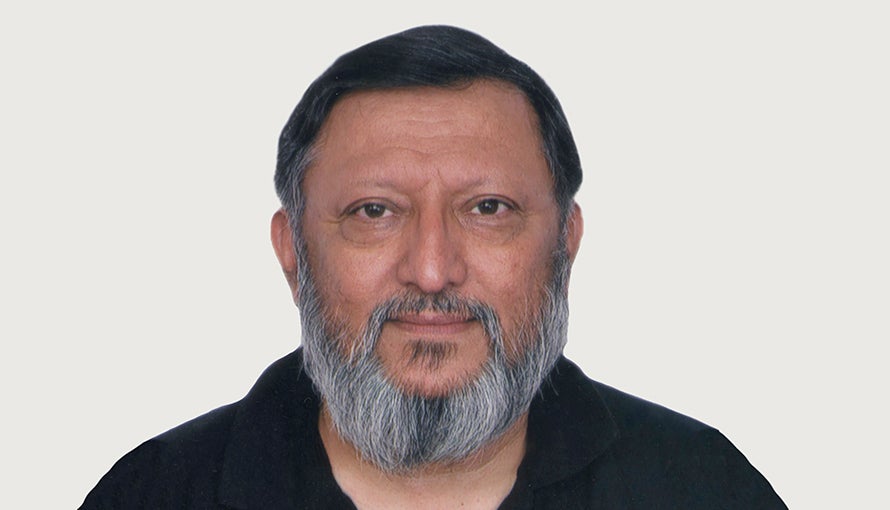
| Title: | Episode 101: Destination Lakshadweep |
| Guest Speaker/s: | Mr Shakti Sinha |
| Designation: | Non-Resident Senior Fellow, ISAS |
| Abstract: | A slew of proposals were recently announced by Lakshadweep’s new administrator Praful Khoda Patel, which included land transfers without guaranteed compensation, banning panchayat poll aspirants with more than two children and inviting global tenders to develop eco-tourism. These proposed measures have invited opposition from all around. To discuss the implications of these announcements, Nithya Subramanian, Editor, ISAS spoke to Mr Shakti Sinha. Non-resident Senior Fellow at the institute. Mr Sinha is also, honorary director of two institutes, the Delhi School of Public Policy and Governance as well as the Atal Bihari Vajpayee Institute of Policy Research and International Studies |
| Audio: | |
| Date: | 24 August 2021 |
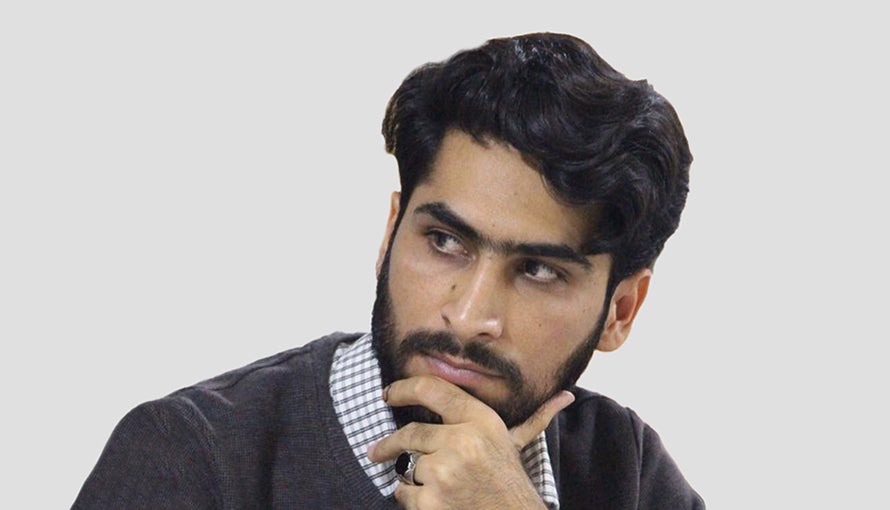
| Title: | Episode 100: The Return of the Taliban |
| Guest Speaker/s: | Dr Haroun Rahimi |
| Designation: | Assistant Professor of Law The American University of Afghanistan |
| Abstract: | With the Taliban taking over Kabul, Afghan politics and society will witness many challenges and changes. However the rapid pace of Taliban takeover was something that was not fathomed by either the United States or any other country. Discussing the run up to these developments, explaining the Taliban leadership structure and also the issues faced by the erstwhile Ashraf Ghani's presidency, Dr Imran Ahmed, Visiting Research Fellow at ISAS spoke to Dr Haroun Rahimi, Assistant Professor of Law, The American University of Afghanistan. |
| Audio: | |
| Date: | 17 August 2021 |
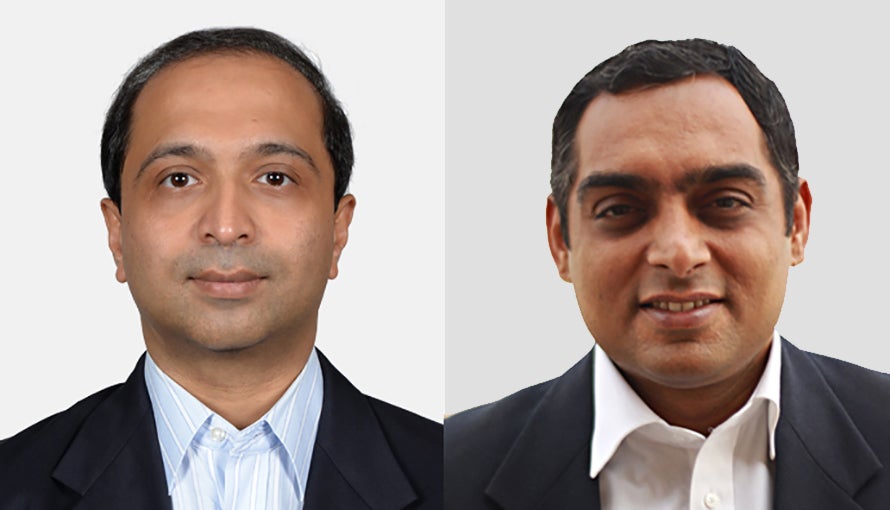
| Title: | Episode 99: Subscribe, Unsubscribe? |
| Guest Speaker/s: | Dr Narayan Lakshman and Professor Nalin Mehta |
| Abstract: | The Indian government recently announced a new set of rules to hold social media companies and OTT platforms accountable for content. While the government believes that these will prevent the "misuse and abuse" of these platforms, others feel that they are aimed at policing the Big Tech companies. To discuss various facets of these new guidelines, Dr Karthik Nachiappan, Research Fellow at ISAS spoke to Dr Narayan Lakshman, Associate Editor, the Hindu and Prof Nalin Mehta, Dean, School of Modern Media, University of Petroleum and Energy Studies; and Advisor, Global University Systems. The two experts are also Non-Resident Senior Fellows at ISAS. |
| Audio: | |
| Date: | 10 August 2021 |
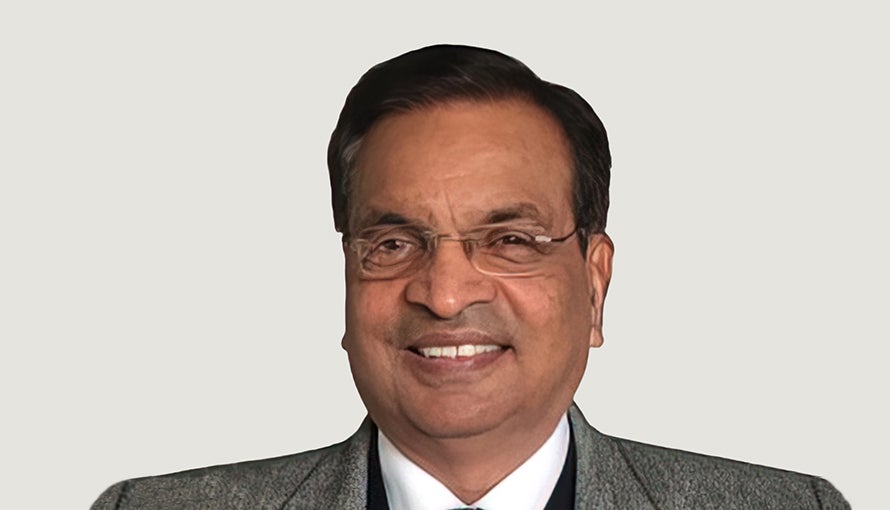
| Title: | Episode 98: The Kashmir Issue |
| Guest Speaker/s: | Mr Sanjeev Tripathi |
| Designation: | Former Chief of the Research and Analysis Wing (RAW) |
| Abstract: | Territorial disputes over the Kashmir region between India and Pakistan have been going on since 1947. To discuss the current situation in the four major regions of Jammu, Kashmir, Ladakh and Gilgit-Baltistan as well as the recent initiatives taken by Prime Minister Narendra Modi's government, we spoke to Mr Sanjeev Tripathi, former Chief of the Research and Analysis Wing (RAW), India's premier intelligence agency. Mr Tripathi not only provides a good background to the problem here but also makes some suggestions for the way forward. |
| Audio: | |
| Date: | 03 August 2021 |
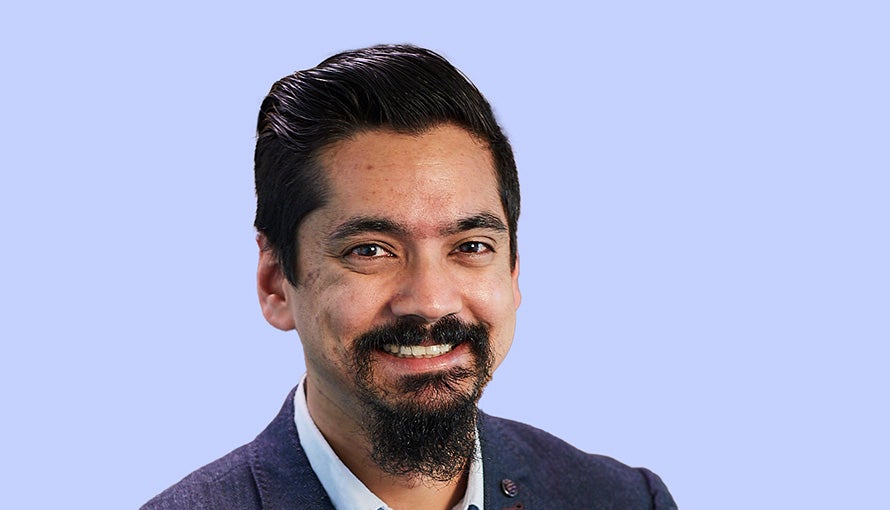
| Title: | Episode 97: The Future of Afghanistan |
| Guest Speaker/s: | Dr Srinjoy Bose |
| Designation: | Senior Lecturer University of New South Wales |
| Abstract: | Following President Joe Biden's announcement in April, more than 90 per cent of its troops have been withdrawn from Afghanistan. With no substantial progress in the peace talks between the Afghan government and the Taliban, the country faces an uncertain future. In this epsiode, Dr Imran Ahmed, Visiting Research Fellow, ISAS, speaks to Dr Srinjoy Bose on the impact of the American withdrawal, an advancing Taliban and other recent developments in the region. Dr Bose is Senior Lecturer in International Relations and Politics at the University of New South Wales. His research focuses on critical peace studies including political order and violence, and state formation and democractisation in fragile states and societies. |
| Audio: | |
| Date: | 27 July 2021 |
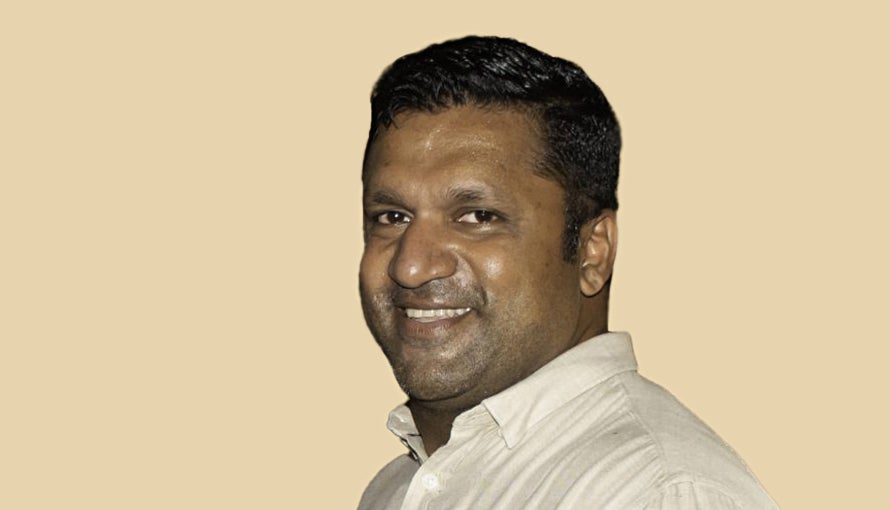
| Title: | Episode 96: Disaster in the High Seas |
| Guest Speaker/s: | Dr Ranil Nanayakkara |
| Designation: | Regional Member IUCS-SSC Sirenia Specialist Group |
| Abstract: | On 20 May 2021, Sri Lanka witnessed the worst marine environment disaster in its waters. The X-Press Pearl, a cargo ship carrying chemicals that caught fire off the coast of Sri Lanka, has left in its wake an environmental disaster that the island nation will have to live with for several decades. To discuss the environmental and economic consequences of the incident, Dr Chulanee Attanayake, Research Fellow at ISAS, spoke to Dr Ranil Nanayakkara. Dr Nanayakkara is a conservation biologist specialising in terrestrial and marine mammals. His research mainly focuses on the lesser studied species of marine mammals such as Indian Ocean Humpback Dolphins, Indo-pacific Finless Porpoise, Sperm Whales and Dugongs. He currently serves as a Regional Member of the IUCS-SSC Sirenia Specialist Group. |
| Audio: | |
| Date: | 21 July 2021 |
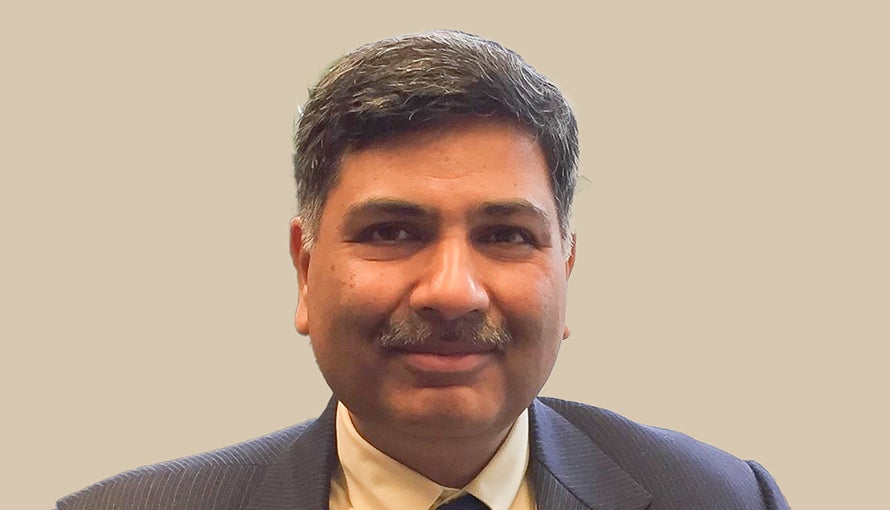
| Title: | Episode 95: Bangladesh-Sri Lanka Currency Swap |
| Guest Speaker/s: | Dr Sanjay Kathuria |
| Designation: | Non-Resident Senior Fellow, ISAS |
| Abstract: | Bangladesh Bank, Bangladesh’s central bank, has in principle approved a S$200 million currency swap agreement with Sri Lanka, which will help Colombo deal with its foreign exchange crisis. This is unusual since Bangladesh, which has only recently qualified for graduation from the list of Least Developed Countries, has not been viewed so far as a provider of financial assistance to other countries. To discuss various aspects of the currency swap arrangement, including the changing economic balance of power in South Asia, Sri Lanka's debt profile and economic trajectory, Bangladesh's trade and export strategy, and both countries' position and prospects in the Covid-19 pandemic, Dr Amitendu Palit, Senior Research Fellow and Research Lead (Trade and Economics), ISAS spoke to Dr Sanjay Kathuria, Non-Resident Senior Fellow, ISAS. Dr Kathuria is also Senior Visiting Fellow at Centre for Policy Research, India and holds Adjunct Professor positions at Georgetown University, USA and Ashoka University, India. Prior to this, Dr Kathuria was Lead Economist, South Asia Region at the World Bank. |
| Audio: | |
| Date: | 13 July 2021 |
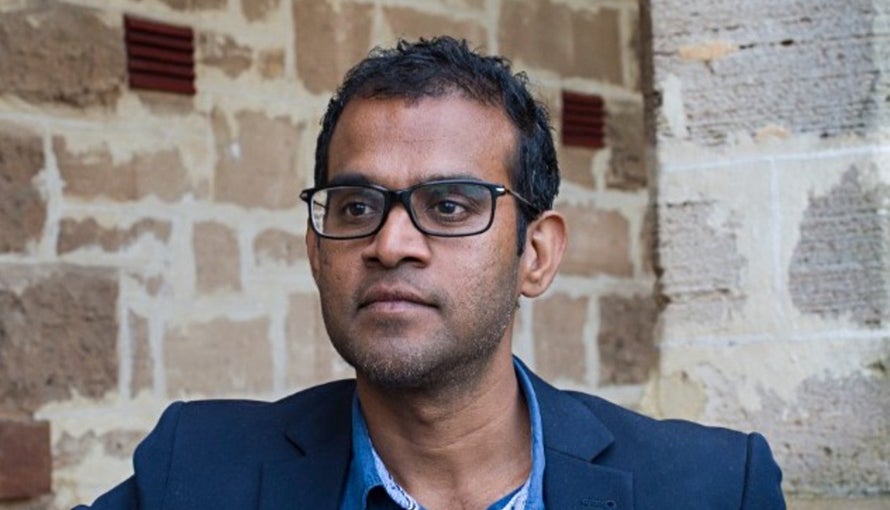
| Title: | Episode 94: From Tourism to Terrorism |
| Guest Speaker/s: | Dr Azim Zahir |
| Designation: | Research Fellow School of Social Sciences, University of Western Australia |
| Abstract: | The recent bomb attack on former President Mohamed Nasheed clearly indicates the wave of radicalisation sweeping the Maldives. Some of the factors that have led to this development include socio-economic ills, societal tensions and political polarisations that have created social exclusions, especially among the youth. To discuss more on the impact of radicalistion, Amit Ranjan, Research Fellow at ISAS spoke to Dr Azim Zahir, Research Fellow, School of Social Sciences, Discipline of Political Science and International Relations, the University of Western Australia. |
| Audio: | |
| Date: | 06 July 2021 |

| Title: | Episode 93: How China and Pakistan Negotiate |
| Guest Speaker/s: | Prof Katharine Adeney and Dr Filippo Boni |
| Abstract: | Since its official launch in April 2015, the China-Pakistan Economic Corridor (CPEC) is the "flagship project" under Chinese President Xi Jinping's Belt and Road Initiative. While there has been much discussion on the geopolitical implications of this project, very little attention has been paid to how the two countries negotiate the terms of the CPEC deal. The Carnegie Endowment for International Peace recently published a paper on this subject authored by Prof Katharine Adeney, Director of the University of Nottingham, Asia Research Institute and Non Resident Senior Fellow at ISAS along with Dr Filippo Boni, lecturer in Politics and International studies at The Open University in the UK and Research Fellow in the European Research Council–funded project REDEFINE. They are in conversation with Dr Diego Maiorano, Research Fellow at ISAS. |
| Audio: | |
| Date: | 22 June 2021 |

| Title: | Episode 92: India’s New Vaccine Policy |
| Guest Speaker/s: | Mr Vinod Rai |
| Designation: | Distinguished Visiting Research Fellow, ISAS |
| Abstract: | Recently the Indian Prime Minister Narendra Modi announced a new vaccine policy wherein the central government would procure 75 per cent of the vaccines leaving 25 per cent for the private sector at a higher price. This is a departure from an earlier announcement where the Centre had allowed the States to procure vaccines independently. To share more insights into this policy and how India is ramping up vaccine supply, we spoke to Mr Vinod Rai, Distinguished Visiting Research Fellow at ISAS. |
| Audio: | |
| Date: | 15 June 2021 |

| Title: | Episode 91: China’s Stake in the Afghan Peace Process |
| Guest Speaker/s: | Dr Li Li |
| Designation: | Non-Resident Senior Fellow, ISAS |
| Abstract: | With the United States preparing to leave Afghanistan this September after two decades, China's interest in the Afghan peace process has been growing. Apart from hosting multilateral talks with some key players, it is also one of the largest investors in the country. Dr Li Li, a Non-Resident Senior Fellow at ISAS shares more insights into China's views on American withdrawal, how it could leverage its relationship with Pakistan to bolster its economic interests in Afghanistan and its concerns on security and radicalisation, especially with the Taliban set to come to power. Dr Li Li is currently a Senior Research Professor and Deputy Director of the Institute for International Relations, Tsinghua University, serves as Deputy Secretary-General of the World Peace Forum and Deputy Editor-in-Chief of the Chinese version of the Quarterly Journal of International Politics. |
| Audio: | |
| Date: | 08 June 2021 |
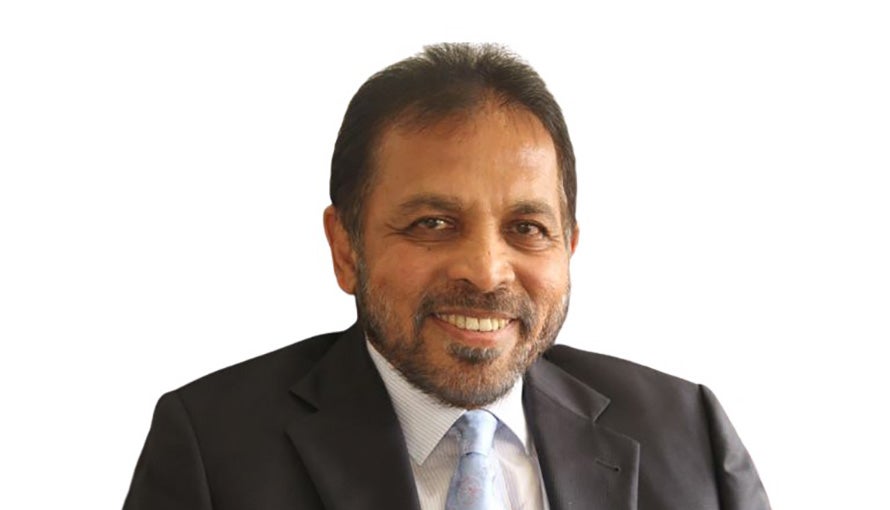
| Title: | Episode 90: Sri Lanka and the UNHRC Resolution |
| Guest Speaker/s: | HE Dr Palitha Kohona |
| Designation: | Sri Lankan Ambassador to China |
| Abstract: | In March 2021, the United Nations Humans Rights Council (UNHRC) passed Resolution 40/1 promoting reconciliation, accountability and human rights in Sri Lanka. The resolution gives the Office of the United Nations High Commissioner for Human Rights to investigate and collect evidence of human rights violations in the country. The Sri Lankan government has, however, unequivocally rejected the mandate. To discuss the rationale behind the rejection as well as the impact of the resolution on Sri Lanka and its foreign policy, Dr Chulanee Attanayake, Research Fellow at ISAS spoke to HE Dr Palitha Kohona, Sri Lankan ambassador to China and former Permanent Representative of Sri Lanka to the United Nations. |
| Audio: | |
| Date: | 25 May 2021 |
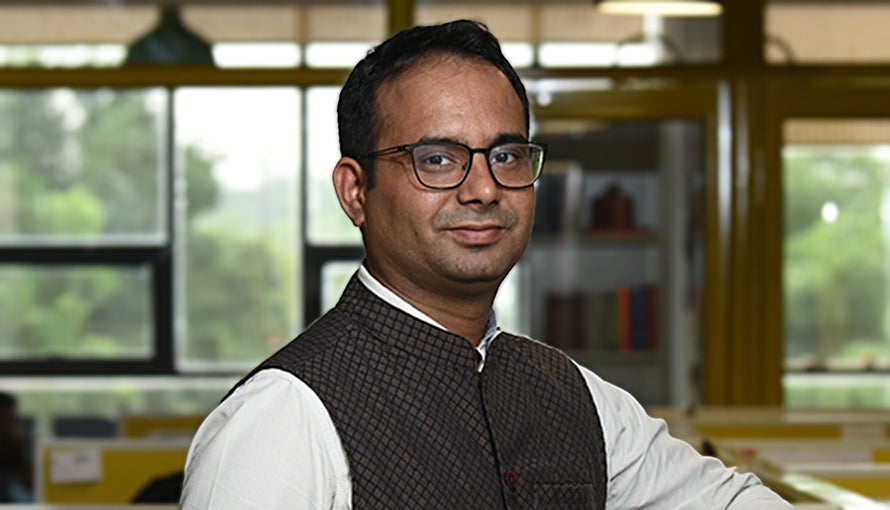
| Title: | Episode 89: India’s Climate Change Policy |
| Guest Speaker/s: | Dr Vaibhav Chaturvedi |
| Designation: | Fellow Council on Environment, Energy and Water (CEEW), New Delhi |
| Abstract: | Climate change has come under the spotlight ever since the United States (US) Special Presidential Envoy for Climate, John Kerry, visited India in early April. This was particularly noteworthy as the Leaders' Summit on Climate hosted by US President Joe Biden took place soon after, on 22 and 23 April 2021. To discuss Kerry's visit, net-zero debates, India's progress on the Paris Agreement since 2015, and the international politics around climate change, Dr Karthik Nachiappan, Research Fellow at ISAS spoke to Dr Vaibhav Chaturvedi, Fellow at Council on Environment, Energy and Water (CEEW), New Delhi. Dr Chaturvedi is an economist who leads CEEW's work on Low-Carbon Pathways, and his research focuses on energy and climate change mitigation policy issues. |
| Audio: | |
| Date: | 18 May 2021 |
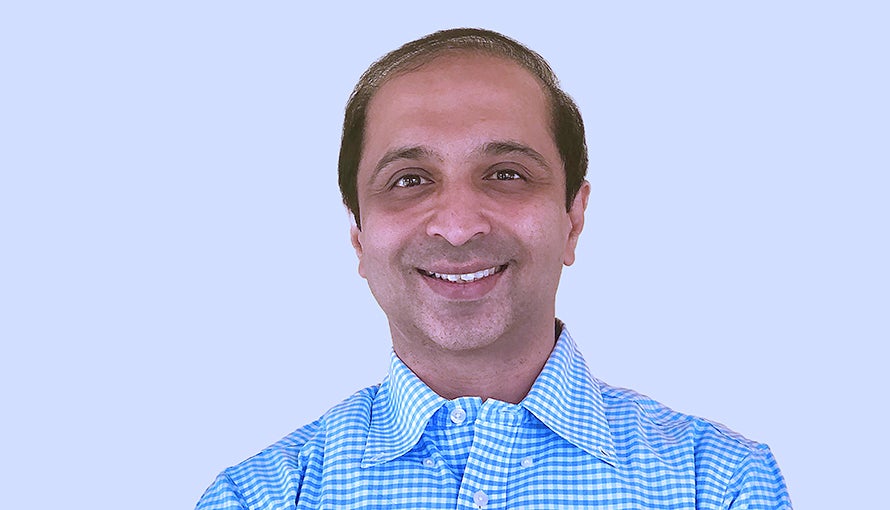
| Title: | Episode 88: Assembly Elections Special – DMK Sun Rises Again in Tamil Nadu; BJP’s Lotus Blooms in Puducherry |
| Guest Speaker/s: | Dr Narayan Lakshman |
| Designation: | Associate Editor The Hindu |
| Abstract: | The Dravida Munnetra Kazhagam has returned to power in Tamil Nadu after remaining in the opposition for 10 years. While it won comfortably, the party did not sweep the polls as expected. As its leader M K Stalin is set to become the new chief minister, there are many challenges ahead of him including managing the COVID-19 pandemic. The Bharatiya Janata Party has meanwhile won Puducherry giving it another small opening in South India. To discuss more on these two outcomes, we spoke to Dr Narayan Lakshman, Associate Editor of The Hindu newspaper. |
| Audio: | |
| Date: | 06 May 2021 |
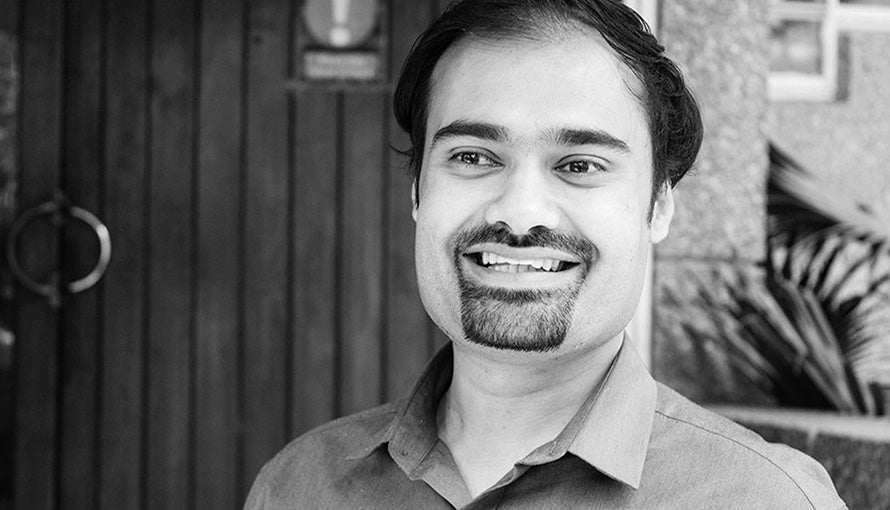
| Title: | Episode 87: Assembly Elections Special – West Bengal Welcomes Mamata Banerjee; BJP wins Assam |
| Guest Speaker/s: | Dr Neelanjan Sircar |
| Designation: | Senior Visiting Fellow Centre for Policy Research |
| Abstract: | Of the four states and one union territory that went to election over March and April, West Bengal, rightly or wrongly, was the centre of attention. On election day, it was West Bengal once again that invited the most discussion. This was partly due to the overwhelming verdict in favour of Mamata Banerjee and the Trinamool Congress (TMC) in Bengal despite the Bharatiya Janata Party (BJP) and Prime Minister Narendra Modi having focused considerable energies and resources on the state. The result also upended most exit polls which had predicted a close contest with some surveys having forecast a BJP sweep. The Bengal verdict put into shade somewhat the results in Assam where the incumbent BJP government returned comfortably to office. To discuss the West Bengal and Assam election results, Dr Ronojoy Sen, Senior Research Fellow, ISAS, spoke to Dr Neelanjan Sircar, a Senior Visiting Fellow at the Centre for Policy Research and Assistant Professor at Ashoka University. Sircar followed both state elections closely and was present in both states during the campaign. |
| Audio: | |
| Date: | 05 May 2021 |

| Title: | Episode 86: Assembly Elections Special – Left is Right in Kerala |
| Guest Speaker/s: | Mr Vinod Rai |
| Designation: | Distinguished Visiting Research Fellow, ISAS |
| Abstract: | The recent Legislative Assembly elections in Kerala has been a historic one with the Left Democratic Front (LDF) returning to power for the second time in a row. The return of an incumbent party has not happened in the last 40 years and is a reaffirmation of the leadership of Chief Minister Pinarayi Vijayan. What led to this victory and why did neither the Congress nor the Bharatiya Janata Party make a visible dent? We spoke to Mr Vinod Rai, Distinguished Visiting Research Fellow at ISAS to share his views on the election results. |
| Audio: | |
| Date: | 04 May 2021 |
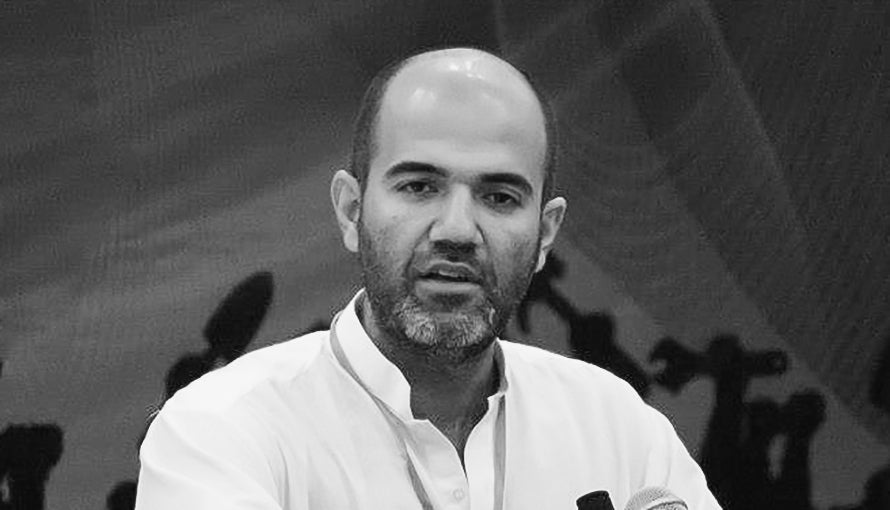
| Title: | Episode 85: Pakistan In Focus |
| Guest Speaker/s: | Dr Aasim Sajjad Akhtar |
| Designation: | Associate Professor of Political Economy National Institute of Pakistan Studies, Quaid-i-Azam University |
| Abstract: | Recent anti-France protests by Tehreek-e-Labbaik Pakistan turned violent leading to the government banning it. Alongside Pakistan is expected to play a key role in the Afghan peace process, following the withdrawal of American troops. With the Taliban almost certain to come into power, would this embolden such religious groups? To discuss more on these developments, we spoke to Dr Aasim Sajjad Akhtar, Non-resident Fellow at ISAS and Associate Professor of Political Economy at the National Institute of Pakistan Studies, Quaid-i-Azam University. |
| Audio: | |
| Date: | 27 April 2021 |
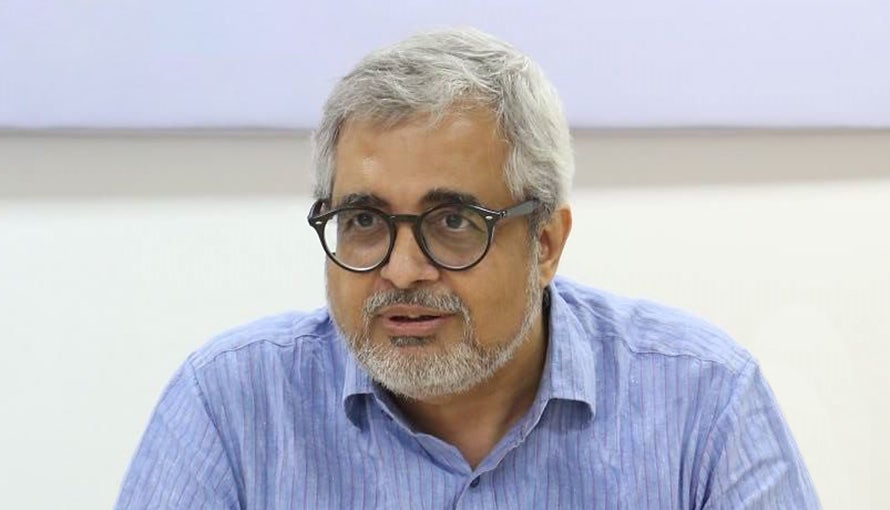
| Title: | Episode 84: India-Russia Ties |
| Guest Speaker/s: | Mr Nandan Unnikrishnan |
| Designation: | Distinguished Fellow Observer Research Foundation, New Delhi |
| Abstract: | The Russian Foreign Minister Sergey Lavrov was in India on a two-day visit, followed by a stopover in Pakistan which underlined the changing nature of bilateral relations between the two countries. He pointed out Russia's opposition to the Quad by calling it "Asian Nato" while also referring to its relationship with China as being "at the highest in history." To learn more, Nithya Subramanian, Editor at ISAS spoke to Mr Nandan Unnikrishnan, a Distinguished Fellow at the Observer Research Foundation, New Delhi, with expertise in Russia and Eurasia. Unnikrishnan began his career as a journalist with the Press Trust of India (PTI). He was deputed by PTI to the Institute for Defence Studies and Analyses (IDSA) and did a three-year stint in Moscow as its Bureau Chief. |
| Audio: | |
| Date: | 20 April 2021 |
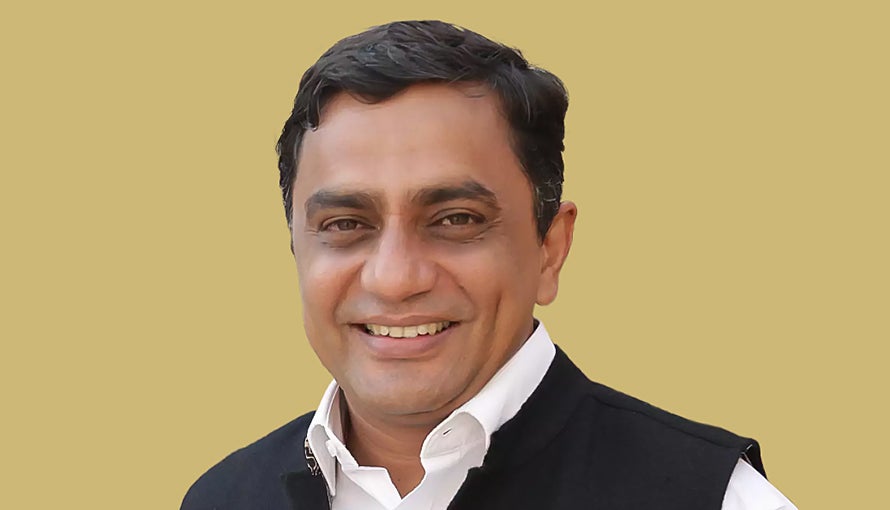
| Title: | Episode 83: India’s Civil-Military Relations |
| Guest Speaker/s: | Dr Anit Mukherjee |
| Designation: | Deputy Head of Graduate Studies S. Rajaratnam School of International Studies |
| Abstract: | India’s military strength has increased in the past decades. However, it has still some way to go in developing the processes which makes the use of military force effective. The civilian bureaucracy within the Ministry of Defence and military establishment tends to be out of touch in setting national priorities and corresponding military objectives. The book, Absent Dialogue: Politicians, Bureaucrats and the Military in India, captures much of this dysfunction. The author, Dr Anit Mukherjee Deputy Head of Graduate Studies, and an Associate Professor in the South Asia Programme at the S. Rajaratnam School of International Studies (RSIS), Nanyang Technological University, joins ISAS Research Fellow Yogesh Joshi in a conversation on civil-military dysfunction in India and its implications on military efficiency in India. |
| Audio: | |
| Date: | 13 April 2021 |

| Title: | Episode 82: India’s Privatisation Policy |
| Guest Speaker/s: | Dr V Anantha Nageswaran |
| Designation: | Non Resident Senior Fellow, ISAS |
| Abstract: | The Finance Ministry has announced an ambitious disinvestment plan and decided to exit most sectors except four strategic ones. Dr V Anantha Nageswaran, Non Resident Senior Fellow, ISAS and Member (Part Time), Economic Advisory Council to the Prime Minister of India, shares his views on the challenges that the government could face and how it could overcome them, as well as how the Atmanirbhar Bharat (Self-reliant India) programme ties in with its privatisation plan. |
| Audio: | |
| Date: | 06 April 2021 |
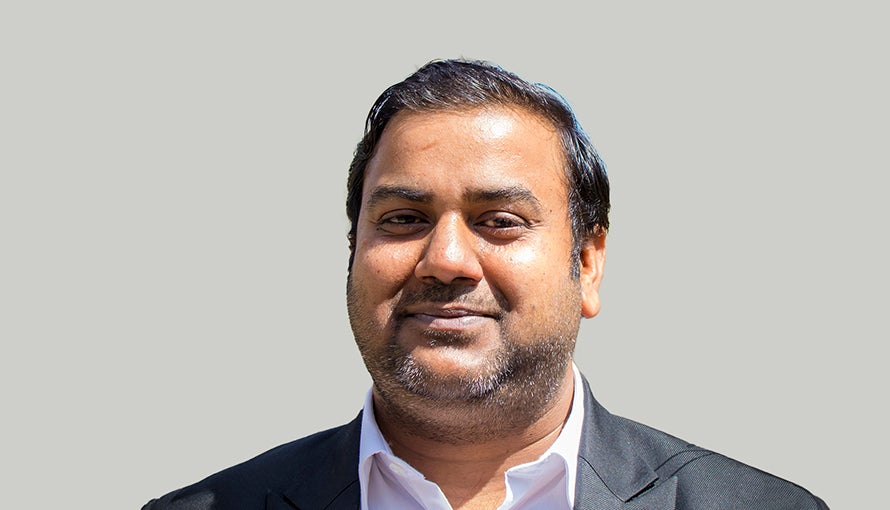
| Title: | Episode 81: Assembly Elections in India |
| Guest Speaker/s: | Rahul Verma |
| Designation: | Fellow Centre for Policy Research |
| Abstract: | The ongoing elections in the four states of West Bengal, Assam, Tamil Nadu and Kerala as well as the union territory of Puducherry are significant as these will be a test of the Bharatiya Janata Party’s dominance and Prime Minister Narendra Modi’s continuing popularity. These will also evaluate the party’s ability to perform well in areas which are not its traditional bastions and the capacity of regional parties to resist one-party dominance. To discuss the polls and analyse the possible trajectory of the elections, Dr Ronojoy Sen, Senior Research Fellow and Research Lead (Politics, Society and Governance) at ISAS, spoke to Rahul Verma, a Fellow at the Centre for Policy Research. |
| Audio: | |
| Date: | 01 January 1970 |
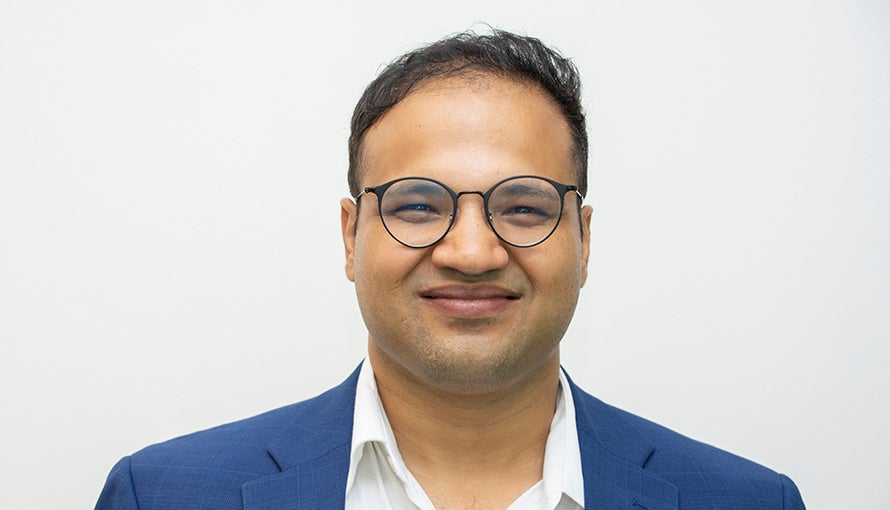
| Title: | Episode 80: Quad Summit 2021 |
| Guest Speaker/s: | Dr Yogesh Joshi |
| Designation: | Research Fellow |
| Abstract: | The first Quad Summit, where leaders of the United States, India, Australia and Japan met virtually, signalled a continuation of Trump's policy for the Indo-Pacific. It also announced a huge vaccine initiative as well as cooperation in rare minerals which not only challenges China's dominance, but also indicates that the group's focus has not been primarily related to security concerns. To tell us more on the significance of this Quad meeting and what it means for China and the rest of the world, we spoke to Dr Yogesh Joshi, Research Fellow at ISAS. |
| Audio: | |
| Date: | 24 March 2021 |

| Title: | Episode 79: India-China Military Disengagement |
| Guest Speaker/s: | Ambassador Gautam Bambawale |
| Designation: | Distinguished Professor Symbiosis International University, Pune |
| Abstract: | After several rounds of military and diplomatic negotiations, the nine-month long standoff between India and China came to an end with the disengagement of troops along the line of actual control in Eastern Ladakh. While the Chinese Foreign Minister, Wang Yi, has said that "China and India should be friends and partners,” the new Biden administration has not deviated from Trump's stance on China. What led to this thaw and what lay ahead for the two countries especially in the light of the recent Quad summit? Nithya Subramanian, Editor at ISAS spoke to Ambassador Gautam Bambawale, a career diplomat who has served as India’s ambassador to China, Pakistan and Bhutan. He is also a Distinguished Professor at Symbiosis International University, Pune and Senior Advisor to Ola. |
| Audio: | |
| Date: | 16 March 2021 |

| Title: | Episode 78: Ceasefire Along the Line of Control |
| Guest Speaker/s: | Professor C Raja Mohan |
| Designation: | Director |
| Abstract: | In a surprising turn of events in the relationship between India and Pakistan, both countries recently signed a ceasefire agreement along the Line of Control. While this development is a positive step in improving bilateral relations, it is bound to affect domestic politics as well as have broader regional implications. To discuss the foreign policy strategies at play as well as the factors and rationale behind these developments, Dr Yogesh Joshi, a Research Fellow at ISAS spoke to Professor C Raja Mohan, Director of the institute. |
| Audio: | |
| Date: | 09 March 2021 |

| Title: | Episode 77: India’s Divestment Programme |
| Guest Speaker/s: | Dr Amitendu Palit |
| Designation: | Senior Research Fellow and Research Lead (Trade and Economics) |
| Abstract: | One of the biggest announcements made by the Finance Minister of India in the recent budget was the large divestment proposal that targets raising Rs 1.75 trillion (S$32 billion) to shore up the economy. The government plans to exit most of the sectors, except four strategic ones and the list of companies to be privatised include Air India, Life Insurance Corporation, IDBI Bank and some others. Dr Amitendu Palit, Senior Research Fellow; and Research Lead (Trade and Economics) at ISAS shares his views on the complexities of the disinvestment process and the possible challenges that this strategy could face. |
| Audio: | |
| Date: | 03 March 2021 |

| Title: | Episode 76: India’s Pakistan Policy |
| Guest Speaker/s: | Dr Stuti Bhatnagar |
| Designation: | Sessional Academic University of New South Wales, Sydney |
| Abstract: | The relations between India and Pakistan are consequential not just for South Asia but for the globe. The two countries have been engaged in three wars since 1947, with Kashmir and terrorism being at the centre of dispute. Dr Imran Ahmed, Consultant at ISAS, spoke to Dr Stuti Bhatnagar, Sessional Academic – University of New South Wales, Sydney, on India's Pakistan strategy. They also discussed her book titled India's Pakistan Policy: How Think Tanks Are Shaping Foreign Relations that examines the role of these institutes as foreign policy actors. Currently there are 509 operational think tanks in the country with many having considerable interest in India-Pakistan relations. |
| Audio: | |
| Date: | 23 February 2021 |
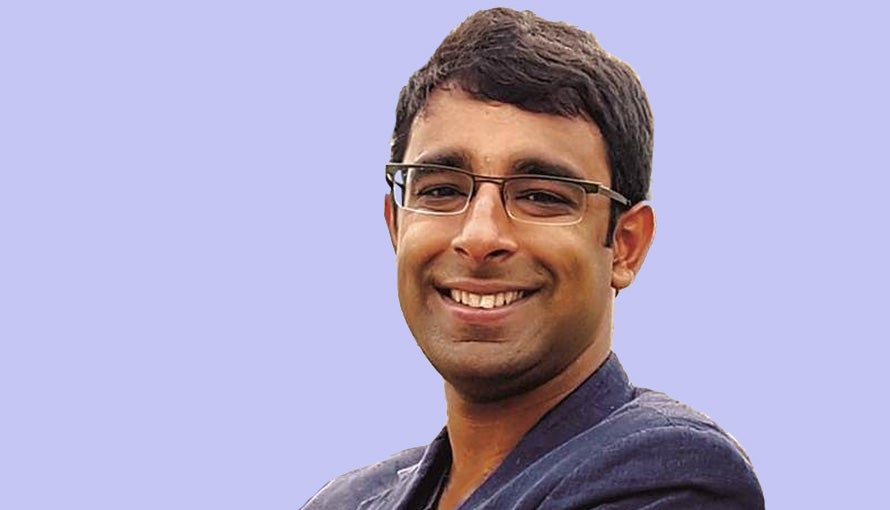
| Title: | Episode 75: Myanmar’s Military Coup – Implications |
| Guest Speaker/s: | Dr Avinash Paliwal |
| Designation: | Deputy Director SOAS South Asia Institute |
| Abstract: | Myanmar’s State Counsellor Aung San Suu Kyi, President Win Myint and other leaders of the National League for Democracy were arrested in a series of raids by the military causing imbalance in the tensed civil-military relations on February 1. While, the American President Joe Biden slapped sanctions on Myanmar, India has taken a calibrated stand on the coup. To discuss this implications of this development on democracy, human rights and the larger geopolitical implications on South Asia, Nithya Subramanian, Editor at ISAS, spoke to our guest Dr Avinash Paliwal, a Senior Lecturer in International Relations and Deputy Director of the School of Oriental and African Studies, South Asia Institute. |
| Audio: | |
| Date: | 16 February 2021 |

| Title: | Episode 74: India’s Vaccine Diplomacy |
| Guest Speaker/s: | Dr Karthik Nachiappan |
| Designation: | Research Fellow |
| Abstract: | India has emerged as the largest producer of the COVID-19 vaccines globally with the locally manufactured Covishield and Covaxin. In January 2021, it began exporting Covishield to its neighbours and some countries beyond the region through its 'Vaccine Maitri' or 'Vaccine Friendship' initiative. It has, so far, committed to supply 10 million doses worldwide. In this episode, Dr Karthik Nachiappan, a Research Fellow at ISAS, shares his insights into India's vaccine diplomacy and its geopolitical implications against the background of a somewhat strained relationship with its neighbours and a growing Chinese presence in the South Asian region. |
| Audio: | |
| Date: | 09 February 2021 |

| Title: | Episode 73: Decoding The Farmers’ Protests |
| Guest Speaker/s: | Mr Vinod Rai |
| Designation: | Distinguished Visiting Research Fellow |
| Abstract: | The Indian government passed three agricultural legislations last September, which led to protests by farmers mainly belonging to the states of Punjab and Haryana. After months of peaceful demonstrations, on 26 January 2021, the agitation turned violent, resulting in one protestor's death and injuring several policemen. What is also interesting is that the protests have received the support of Sikh groups living in Canada, the United Kingdom and Australia, thus garnering international attention. To share more insights into these recent developments and its political ramifications, we are joined by Mr Vinod Rai, a distinguished Visiting Research Fellow at ISAS and former Comptroller and Auditor General of India. |
| Audio: | |
| Date: | 02 February 2021 |
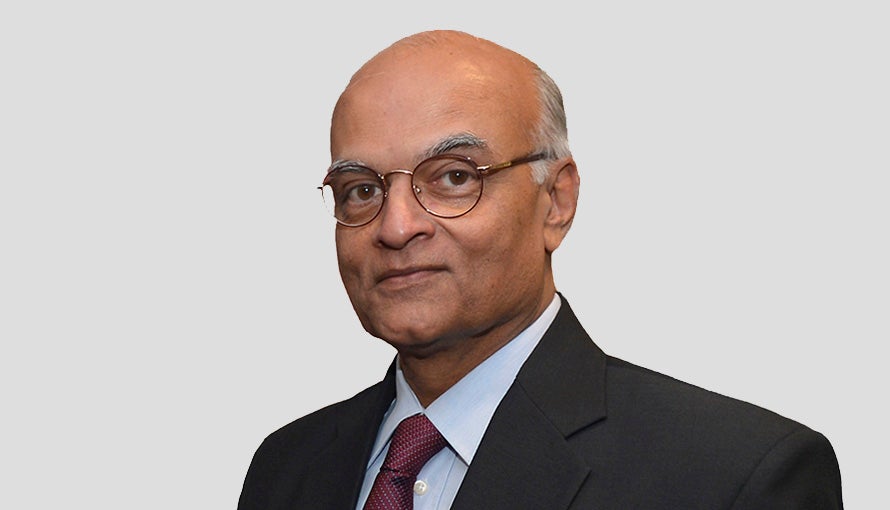
| Title: | Episode 72: President Biden and South Asia |
| Guest Speaker/s: | Mr Shivshankar Menon |
| Designation: | Distinguished Visiting Research Fellow |
| Abstract: | On 20 January 2021, Joe Biden was sworn in as the 46th president of the United States of America, bringing to an end one of the most dramatic political transitions in the country’s history. In another historic moment, Kamala Harris became the first female, black, Indian-American vice-president. Since the Presidential election in November 2020, there is much interest in the future of Washington’s engagement with the subcontinent, which faces several opportunities and challenges. Amongst them, are China’s growing engagement with many South Asian countries, geopolitical contestation in the Himalayan belt and the peace process in Afghanistan, to name a few. In this episode, our guest Ambassador Shivshankar Menon is in-conversation with Professor C Raja Mohan, Director of ISAS to discuss some of the key issues before the new Biden administration in relation to the subcontinent, including security and trade. Ambassador Menon is a Distinguished Visiting Research Fellow at ISAS, former National Security Advisor to the Prime Minister of India and a career diplomat. |
| Audio: | |
| Date: | 26 January 2021 |
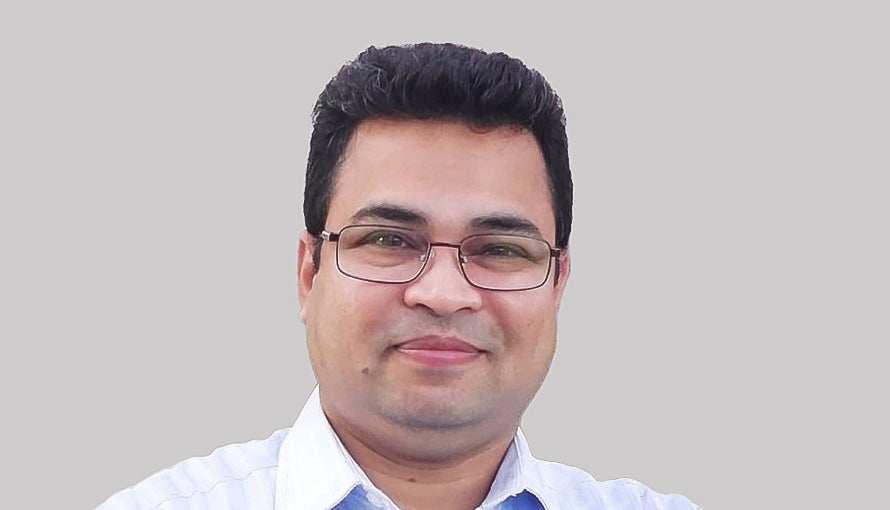
| Title: | Episode 71: Bangladesh and Bhutan Trade – Way Forward |
| Guest Speaker/s: | Dr Mohammad Masudur Rahman |
| Designation: | Visiting Research Fellow |
| Abstract: | Bangladesh and Bhutan signed the first ever preferential trade agreement or PTA in December 2020 to boost bilateral trade. The agreement comes at a time when the two South Asian countries mark 50 years of diplomatic relations. Bhutan recognised Bangladesh’s independence on December 6, 1971, becoming the first country in the world to accept it as a sovereign nation. According to official figures, trade between Bangladesh and Bhutan was $12.77 million in the fiscal year 2008-09, which rose to $49.65 million in 2018-19. In this episode, Dr Mohammad Masudur Rahman, a Visiting Research Fellow at ISAS, shares his insights on the impact of this deal on bilateral trade between the two countries and what benefits they can reap. |
| Audio: | |
| Date: | 19 January 2021 |
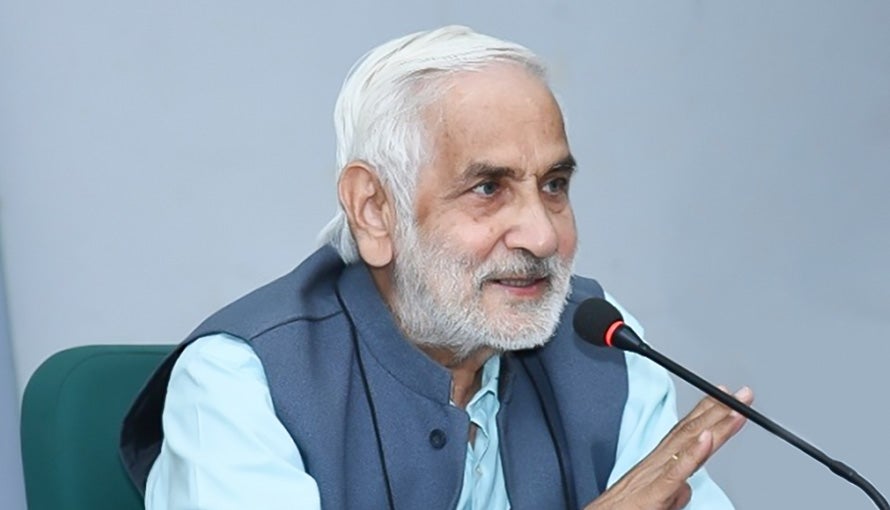
| Title: | Episode 70: Prospects for South Asia in 2021 |
| Guest Speaker/s: | Professor S D Muni |
| Designation: | Emeritus Professor Jawaharlal Nehru University (JNU), New Delhi |
| Abstract: | The Indian subcontinent is witnessing several structural changes caused by the on-going China-India clash along the border in eastern Ladakh, renewed civil military tensions in Pakistan, the US withdrawal from Afghanistan and the economic rise of Bangladesh. In the first episode of 2021, Professor S D Muni, an Emeritus Professor at the Jawaharlal Nehru University (JNU), New Delhi, discussed these broad prospects for South Asia with Professor C Raja Mohan. |
| Audio: | |
| Date: | 12 January 2021 |
Load more
South Asia is available on Apple Podcasts, Spotify and Podbean.
For any podcast-related queries, please contact us at hkaur@nus.edu.sg



